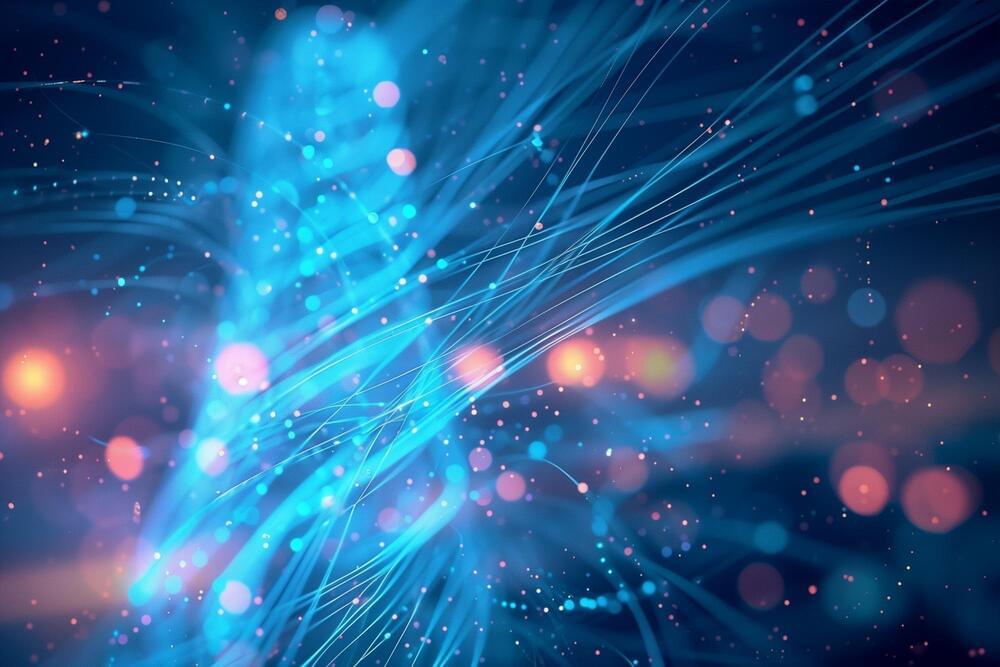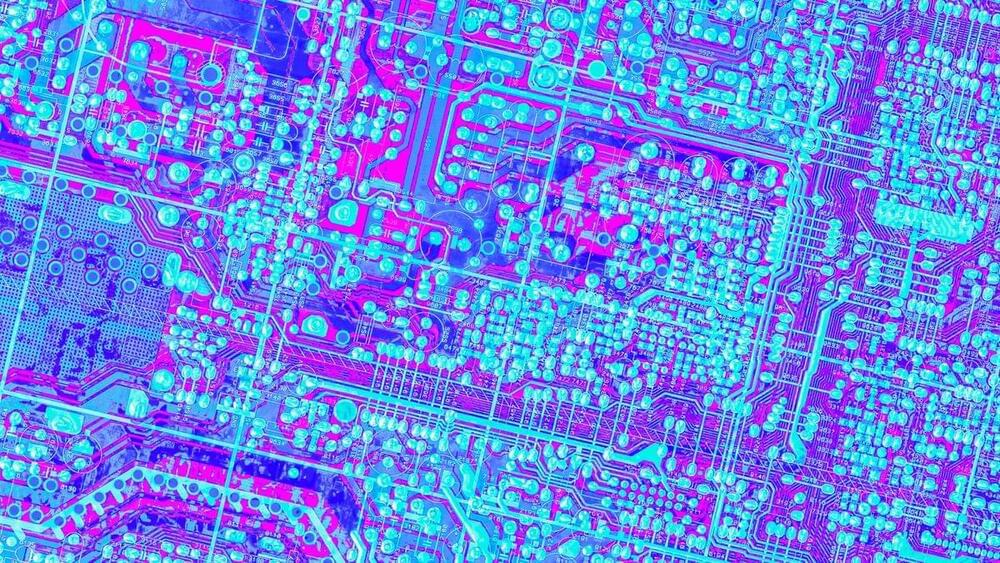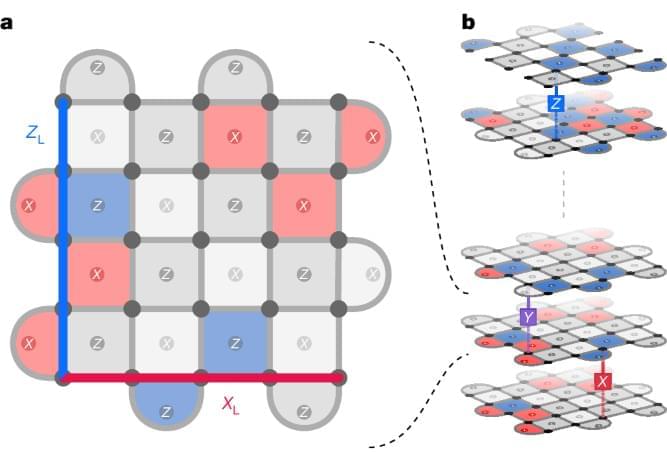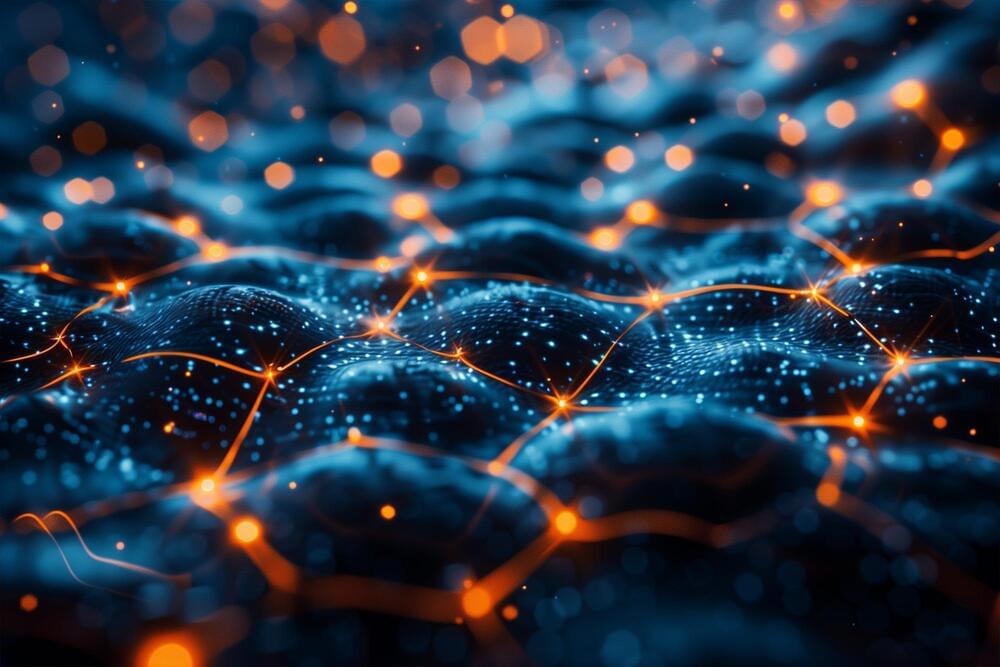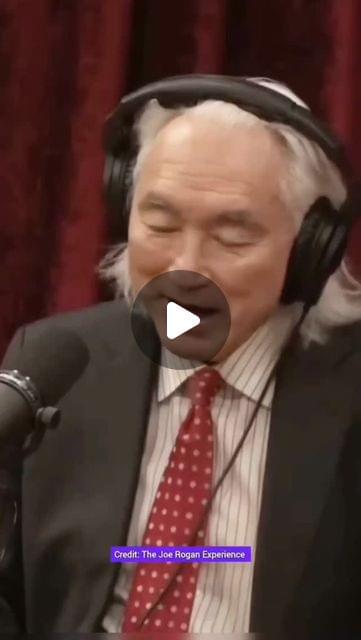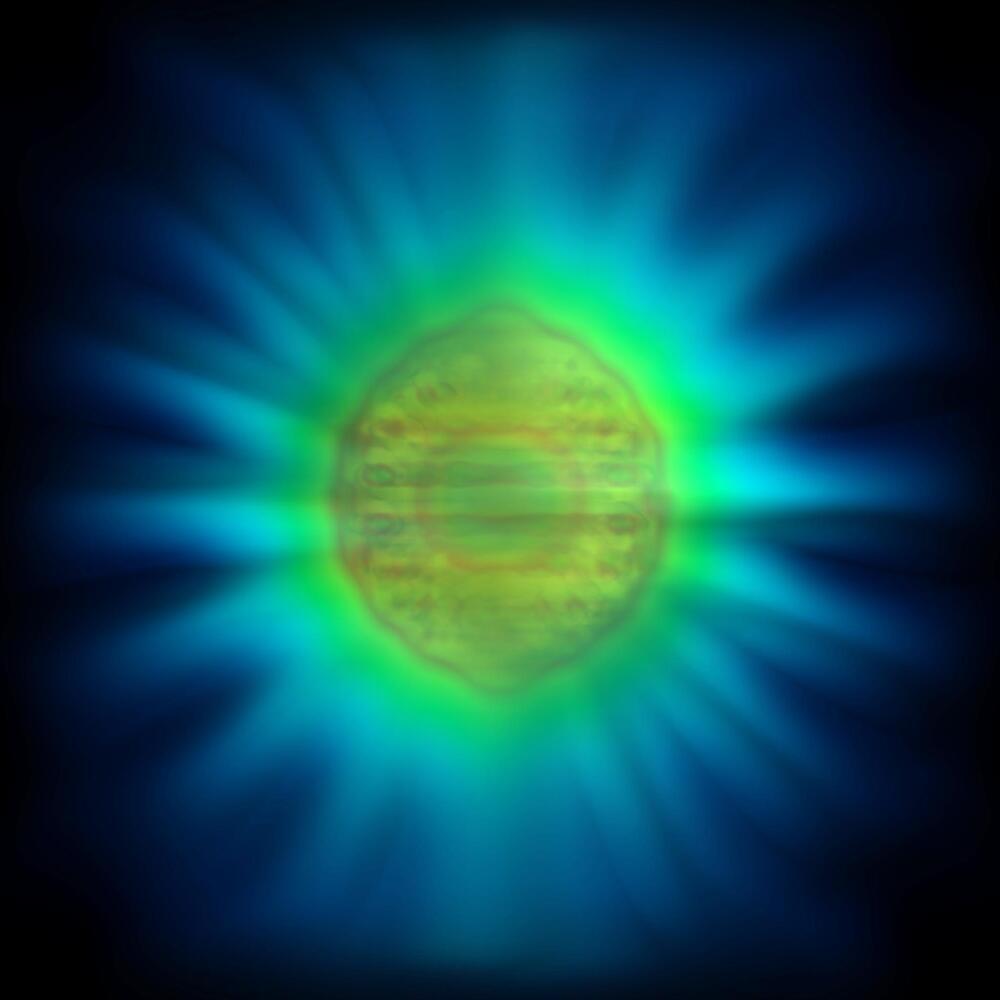Nov 26, 2024
Cooling with light: Exploring optical cooling in semiconductor quantum dots
Posted by Shubham Ghosh Roy in categories: energy, quantum physics
Cooling systems are an integral part of many modern technologies, as heat tends to wear down materials and decrease performance in several ways. In many cases, however, cooling can be an inconvenient and energy-intensive process. Accordingly, scientists have been seeking innovative and efficient methods to cool substances down.
Solid-state optical cooling is a prominent example that leverages a very unique phenomenon called anti-Stokes (AS) emission. Usually, when materials absorb photons from incoming light, their electrons transition into an “excited” state.
Under ideal conditions, as electrons return to their original state, part of this excess energy is released as light, while the rest is converted into heat.
